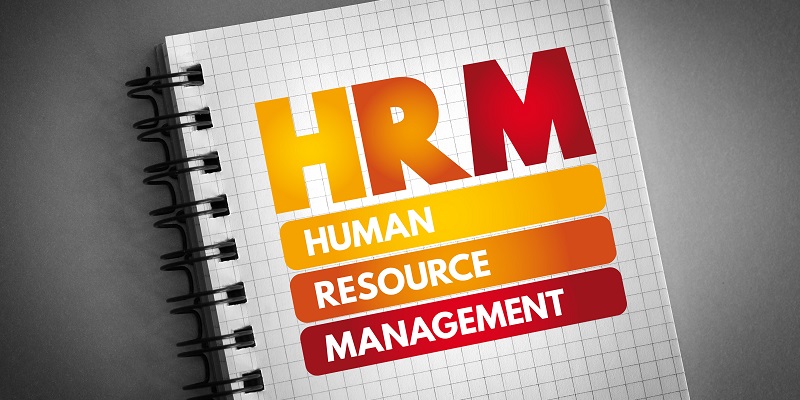Human Resource Management (HRM) is an essential element of any successful business. Regardless of the size, industry, or structure of a company, HRM plays a critical role in ensuring that the organization’s objectives align with the interests of its employees. Effective HRM strategies are crucial in shaping company culture, improving employee performance, and promoting overall organizational success.
The multifaceted role of the HR department
The HR department is often responsible for a range of tasks that span across recruitment, development, and retention strategies. Among these, fostering company culture is a key responsibility for HR managers. They must engage employees, foster communication, and ensure that they operate effectively as team members. HR managers must communicate the company’s values, goals, and objectives and ensure that employees can embody and deliver on them. Team-building exercises, employee engagement surveys, and regular feedback sessions are just a few methods used to ensure employee satisfaction and a thriving organizational culture.
The primary objective of HR managers
In any organization, the HR department serves as a bridge between employees and management. One of the primary objectives is to ensure that the company has a positive culture that supports, encourages, and engages employees. HR managers must be able to identify employee strengths and create opportunities for growth, leading to increased employee productivity and team performance. This involves promoting collaboration and teamwork while accommodating generational differences and employee diversity. HR managers can achieve this by listening to employee feedback, addressing concerns, and enabling the creation of a positive and healthy workplace environment.
Aligning HR operations with organizational objectives
HR operations play a critical role in defining and aligning with organizational strategy. HR managers must communicate the company’s objectives, implement HR operations that enable optimal performance, and provide feedback to upper management. This involves evaluating recruitment and retention strategies, creating policies that align with employee and organizational goals, while remaining legally compliant. HR professionals should also track employee metrics and performance analytics to help track and manage organizational progress toward its goals.
Essential knowledge and skills of HR managers
HR professionals should possess a thorough knowledge of industry trends, laws and regulations, benefits, and compensation practices. This is essential since the laws governing employment can frequently change, potentially affecting the company’s operations and reputation. The HR department must ensure compliance while treating employees fairly. Moreover, HR professionals need to have excellent communication, conflict resolution, organizational, and interpersonal skills, enabling them to communicate effectively with employees, management, and stakeholders and foster a team-oriented culture.
Building Effective Hiring Strategies
Effective hiring strategies are necessary to attract the right talent, increase staff retention, and mitigate future hiring costs. Ensuring diversity in candidate pools is increasingly important, as research has shown that a diverse workforce promotes creativity and innovation. HR must use metrics to assess the effectiveness of recruitment strategies, focusing on how to maximize results through different mediums such as social media ads, career fairs, or online platforms. HR personnel should collaborate with upper management to ensure employee and organizational goals align. Additionally, the HR department must consider cultural fit when hiring and ensure new employees have access to the training and professional development opportunities necessary to thrive.
Employee Development
Employee development is an essential aspect of HRM, and HR managers are responsible for identifying and nurturing employee strengths. This involves developing employee training and development programs, providing regular feedback, conducting regular performance evaluations, and providing feedback to management. HR departments must also encourage employees to continue learning to become increasingly efficient and effective in their roles.
Continuous improvement and proactive approach
Effective human resource management involves a continual improvement approach and a willingness to adapt to change proactively. The HR department must keep pace with emerging trends, strategies, and technologies while also anticipating employee concerns. By doing so, the HR department can address issues before they escalate, creating a responsive and proactive work environment.
In summary, HRM is crucial to the success of any business. The HR department can contribute to the company’s overall success by hiring and retaining top talent, promoting employee development, and ensuring a healthy and productive work environment. The HR department must be responsive, proactive, and able to adapt in an ever-changing business environment. Through the use of metrics, evaluation, and communication, HRM helps to attract and retain the right talent, align with organizational objectives, and create goals and strategies that ultimately lead to sustained organizational success.

